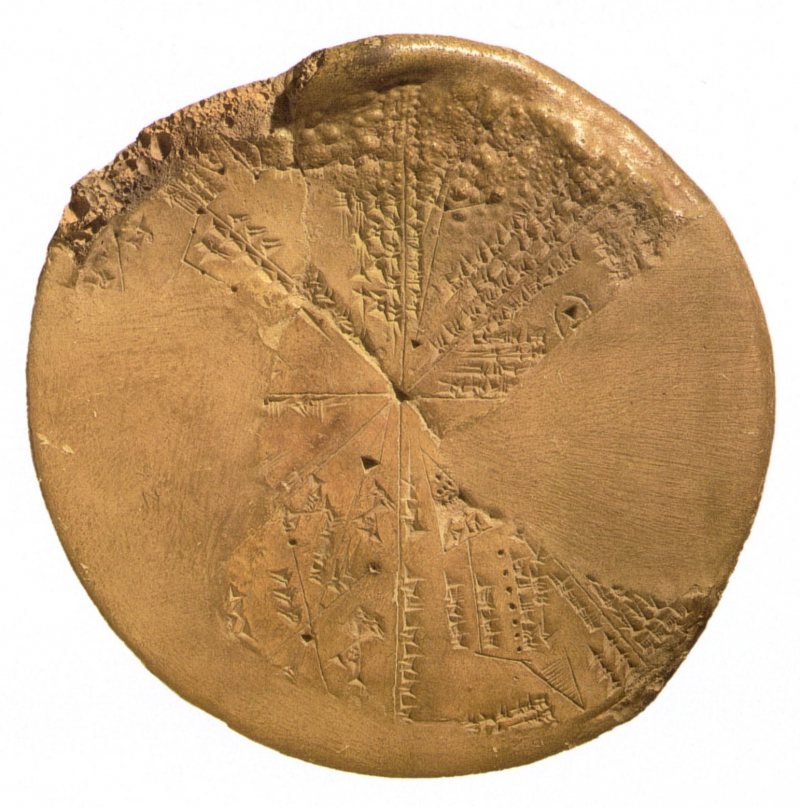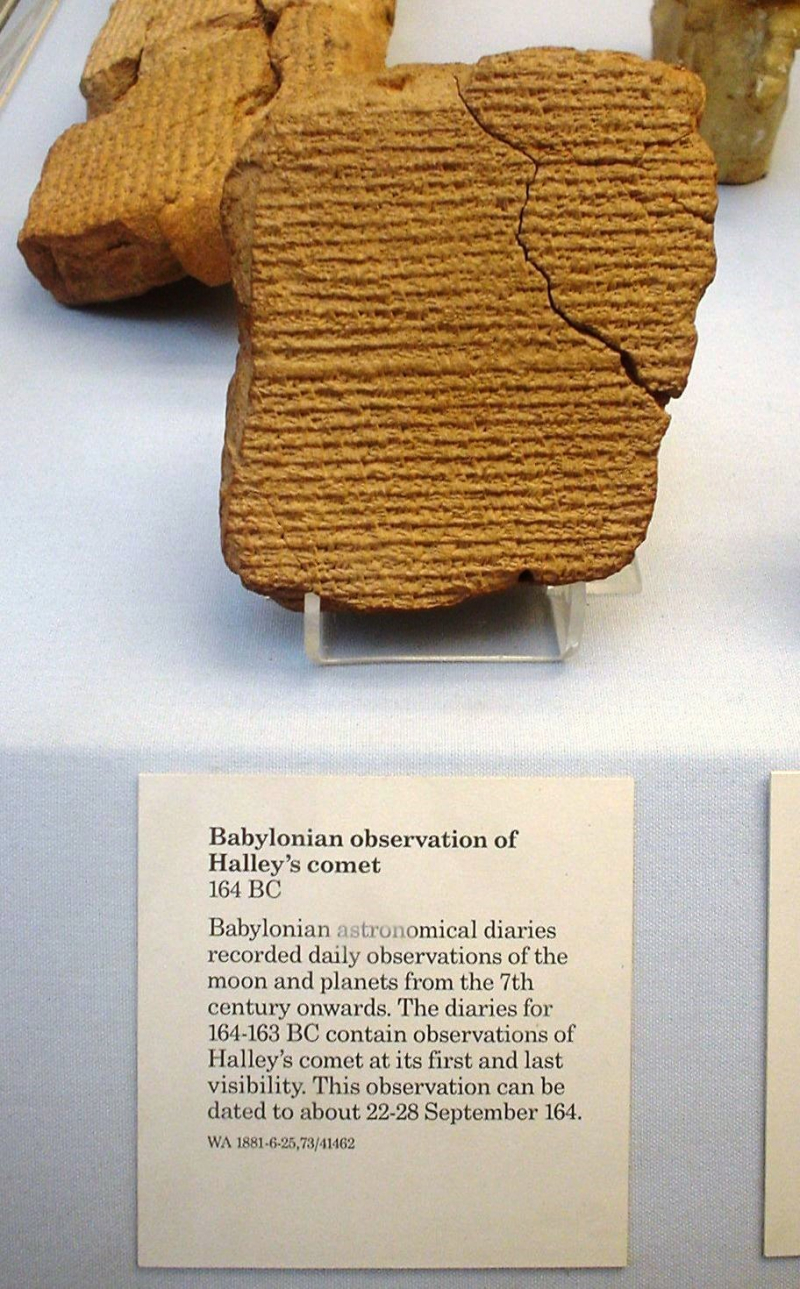Astronomy
The Babylonian astronomers were mathematicians who could forecast eclipses and solstices. In astronomy, scholars believed that everything had a purpose. The majority of these are about religion and omens. Mesopotamian astronomers devised a 12-month calendar based on lunar cycles. The year was divided into two seasons: summer and winter. The origins of astronomy and astrology can be traced back to this period.
Babylonian scientists created a new method of astronomy between the eighth and seventh centuries BC. They began studying philosophy in order to understand the ideal nature of the early world, and they began using internal logic within their predictive planetary systems. This was a significant contribution to astronomy and science philosophy, and some scholars referred to this new method as the first scientific revolution. This new astronomical approach was accepted and developed further in Greek and Hellenistic astronomy.
The astronomical reports in the Seleucid and Parthian periods were thoroughly scientific; how much earlier their superior understanding and procedures were developed is unknown. The invention of systems for predicting the motions of the planets by the Babylonians is regarded as a watershed moment in the history of astronomy. Much of Greek, classical Indian, Sassanian, Byzantine, Syrian, medieval Islamic, Central Asian, and Western European astronomy was based on Babylonian astronomy.












